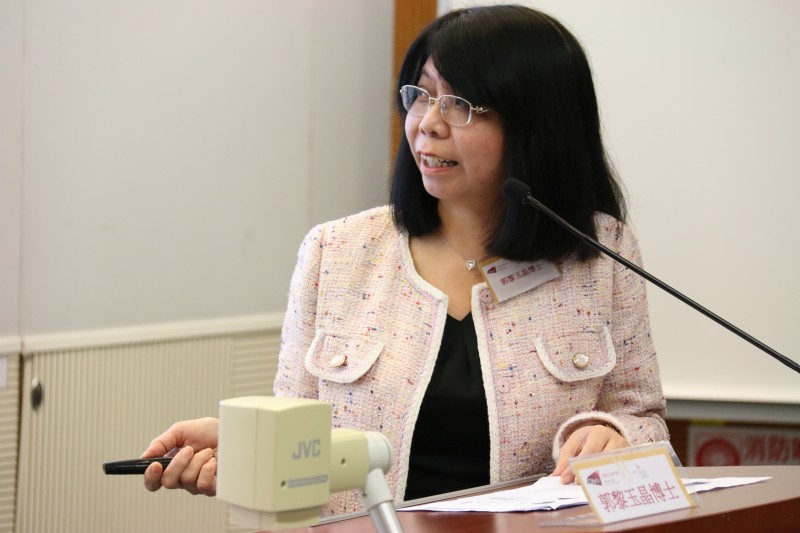It is no secret that many students in Hong Kong are overwhelmed by academic and family pressure. The influence of these factors on their mental health has long been an issue of concern. According to a survey conducted by the Positive Education Laboratory of the Department of Social and Behavioural Sciences (SS) in June to July 2019, 27.6% of primary school students surveyed show a moderate to severe level of anxiety, and 10.2% indicate a moderate to severe level of depression.
The survey, which polled 1,859 primary school students, 1,692 parents and over 293 teachers, also reveals that 2.8% and 2.6% of primary school students experience severe psychological and physical abuse by their parents. Meanwhile, 22.1% of teachers and 13.6% of parents show a medium or high level of negative emotions. 27.6% of parents feel they are unable to perform the parenting role successfully (have low parenting self-efficacy) and 13.3% have a perception of low family strengths (relationship qualities that contribute to the emotional health and well-being of the family).
Despite facing enormous challenges, members of the lab are determined to improve the situation through positive education. One of their initiatives was to carry out a whole-school positive-education project in eight local primary schools from September 2017 to August 2019, with the support from Wofoo Foundation.
 Dr KWOK LAI Yuk-ching, Associate Professor of SS and convenor of the Positive Education Laboratory
Dr KWOK LAI Yuk-ching, Associate Professor of SS and convenor of the Positive Education Laboratory
The team employs positive psychology theories to offer professional training for teachers, positive education activities for students, talks and workshops for parents, and support to schools. “It adopts a whole school positive education approach to cultivate a positive school culture and to promote students’ and teachers’ well-being with a focus on nurturing their character strengths, positive emotions, engagement, relationship, meaning, accomplishment and health that enable them to live a happy and flourishing life,” shares Dr KWOK LAI Yuk-ching, Associate Professor of SS and convenor of the laboratory.
The team surveyed 856 students, 630 parents and 126 teachers before and after the implementation of the positive-education project, and found that negative emotions and depression level of primary school students are reduced, and their learning motivation increases remarkably. They display more positive character strengths. Teacher-student relationship improves, while parents also develop more positive emotions and have far fewer communication problems and family difficulties than before.
Though the situation is gradually improving, there are still more to be done. In this regard, the roles of parents, teachers and schools are equally important and closely linked. Parents should pay attention to the needs and mental health of their children, encourage them to put their character strengths to use, and participate in positive education activities organised by schools. Teachers can incorporate positive education elements in curriculum design and classroom management, make use of words of appreciation and nurture students’ character strengths. Schools should take a step further to integrate positive education into their development strategies and strengthen home-school cooperation. At the same time, the Government can play an advocacy role in formulating relevant policies and subsidising social welfare organisations.